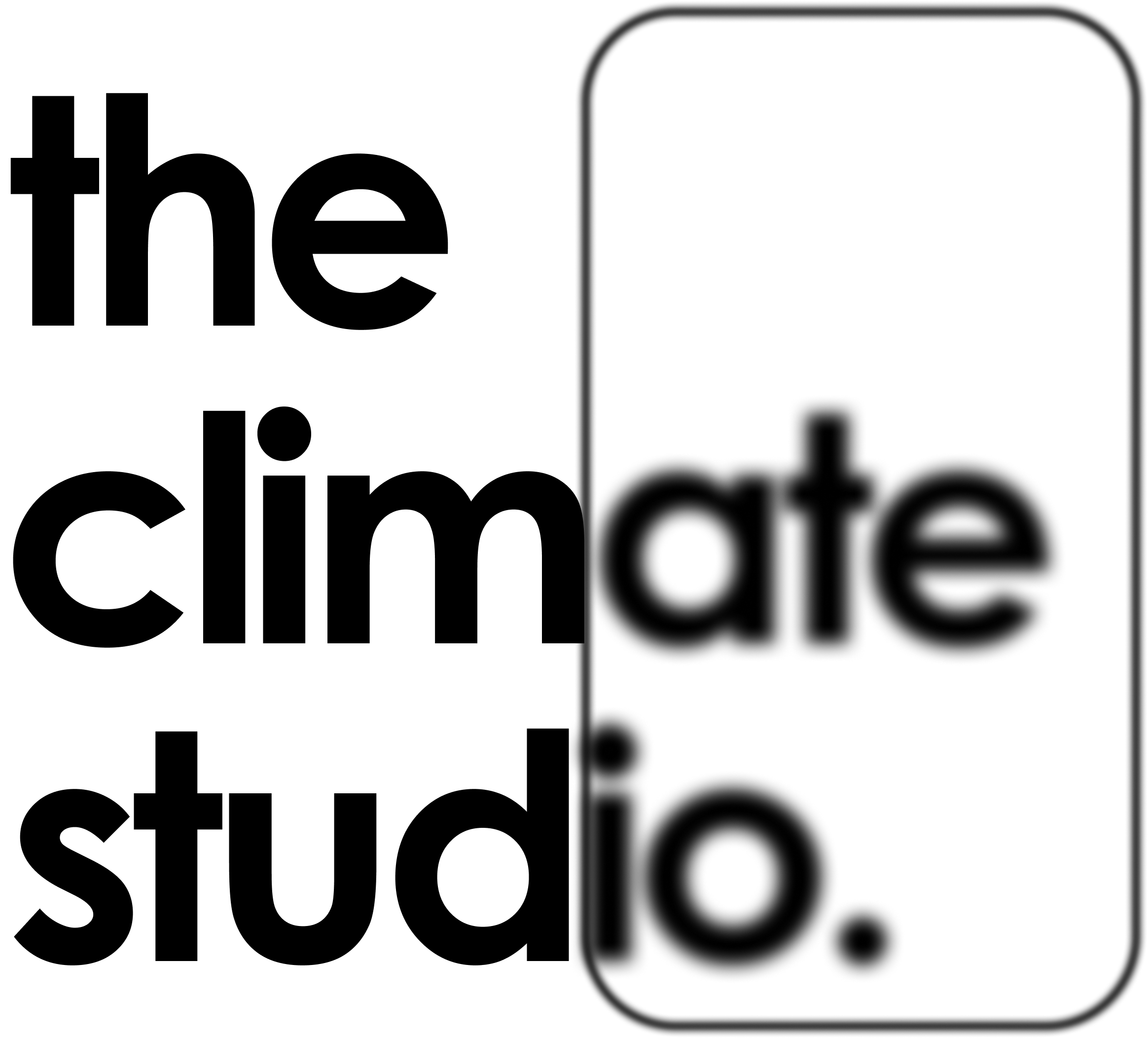top of page

Frequently Asked Questions
Frequently Asked Questions
Regarding your Participation in one of the COYs
Regarding the LCOY process
Regarding YOUNGO
How can I attend one of the COYs?
Go to the individual websites of the respective LCOYs and look for a link to a registration form. In case, no registration form is shared, try to reach the LCOY organisers via the contact form.
The participation should be generally open to anyone who is interested!
bottom of page






